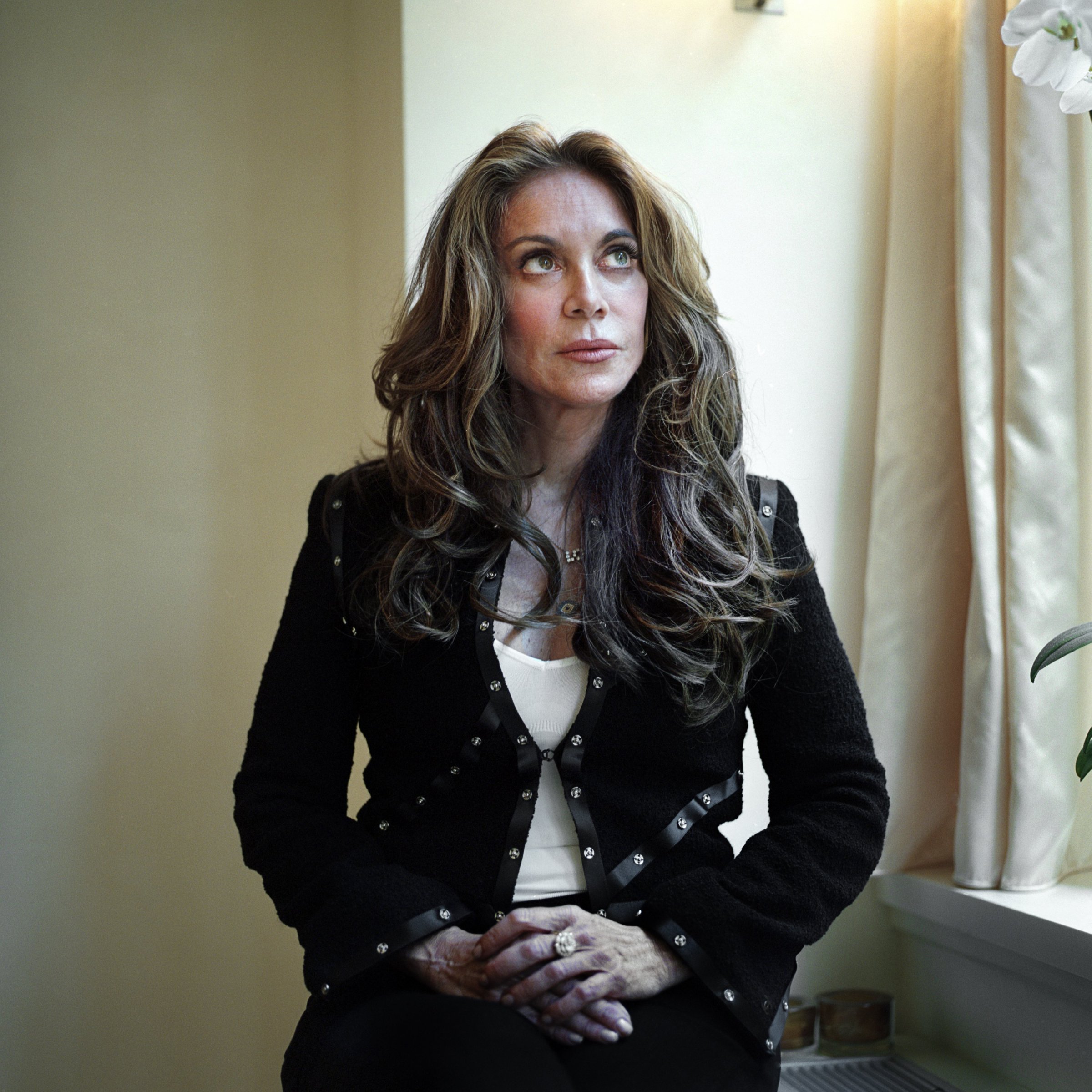
There’s an important history behind America’s free speech laws to which the anti-Islam hate group behind the “Draw Muhammad Contest,” is wholly ignorant. While the Islamophobe leading this hate group believes she’s a free speech champion, remarkably comparing herself to Rosa Parks, in reality America’s current free speech model developed as an attempt to protect — not demonize — religious and racial minorities. “U.S. law only began to protect hateful speech during the 1960s,” writes Garrett Epps. “Southern state governments were trying to criminalize the civil-rights movement for its advocacy of change. White Southerners claimed that the teachings of figures like Martin Luther King or Malcolm X were ‘hate speech’ and would produce ‘race war.’”
Courts sided with American icons like Dr. King, Malcolm X, and Rosa Parks, not because they advocated unpopular ideas of hatred or destruction — but because they faced ongoing hatred and destruction at the hands of racist white southerners. As the Southern Poverty Law Center, the Anti-Defamation League, and leading Jewish American Rabbis note, Geller represents the antithesis of the moral courage that was Rosa Parks.
Repeated demonization can inspire violence. This is a fact. “During the Holocaust, the Nazis went beyond making us social outcasts; they systematically slaughtered our people with unspeakable cruelty. Because we know so well what it is like to be outcasts, we must never, through our deeds or words, make others into modern-day lepers,” says Rabbi Rick Jacobs, president of the largest Jewish denomination in North America. “[W]hat [Geller] does, what she represents, has no place in a Jewish community that is built on tolerance and understanding.”
We, as society, must do better. Rather than fall for the fallacy that what Geller advocates is free speech, recognize that as human beings our strength rests not in sticking to the bare minimum the law permits, but in elevating our civility to the highest levels possible.
We cannot defeat terrorist groups like ISIS by following ideology that serves only to demonize the other. Rather, we counter such extremism with better, more compassionate, and more pluralistic concepts that are universal to all people — respect, integrity, and justice.
At an international peace conference in the United Kingdom His Holiness the Khalifa of Islam Mirza Masoor Ahmad wisely remarked, “Let it not be that in the name of freedom of speech the peace of the entire world be destroyed.” This simple lesson in personal accountability is the key to establishing peace. No law, no matter how specific, can legislate morality — and speech is essentially a moral issue. If we truly want peace, society must rise above the intolerance that Geller and ISIS alike espouse.
More Must-Reads from TIME
- Inside Elon Musk’s War on Washington
- Meet the 2025 Women of the Year
- Why Do More Young Adults Have Cancer?
- Colman Domingo Leads With Radical Love
- 11 New Books to Read in Februar
- How to Get Better at Doing Things Alone
- Cecily Strong on Goober the Clown
- Column: The Rise of America’s Broligarchy
Contact us at letters@time.com